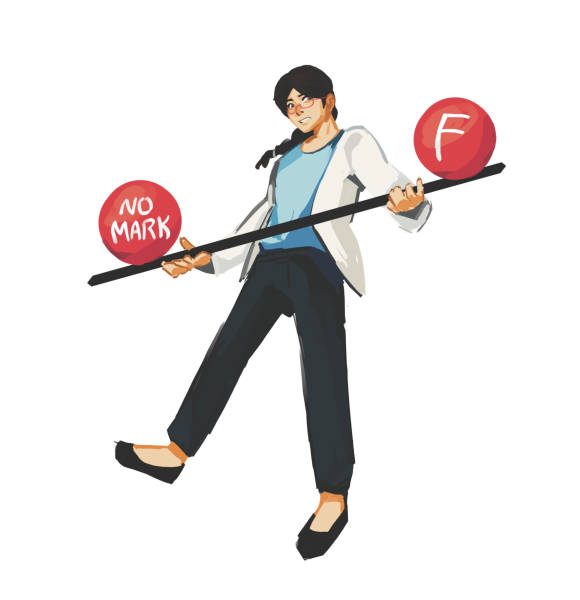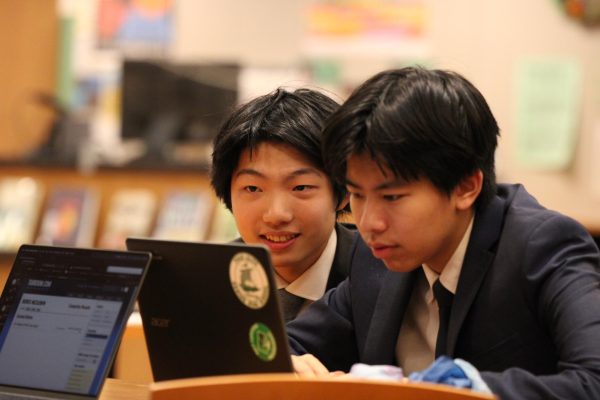Yearbook editors underserving of criticism
The class of 2014 saw a number of changes in their senior poll packets this year. Ten categories were removed, one newcategory was added and three were brought back from years prior. Many seniors were left confused and with several questions such as, what happened to “best eyes”? What does “best hugs” even mean? Where is “biggest mooch”? Why were so many categories cut?
Changes made by the yearbook staff regarding senior polls this year caused widespread feelings of discontent and even belligerence in some. It is not an uncommon practice to have seniors vote on their classmates, though it is less common for a high school yearbook to have as many categories as Palo Alto High School’s yearbook, Madrono. However, before protesting change, seniors should first consider the amount of work put into making a yearbook and question the process of selecting categories itself.
Part of the reason that seniors feel frustrated about the changes in polls is due to the record number of poll categories offered in the 2013 edition of Madrono. Due to a larger staff and larger yearbook overall, more categories were offered.
Unfortunately, many seniors were not aware that there was ample opportunity to help select class poll categories. Instead, most of the work was left up to Madrono’s senior section editors, who operate relatively independently from the rest of yearbook staff. Due to the short-staffed senior section, the task of deciding senior poll categories was left to only five people.
Do seniors have the right to be angry about changes in the senior polls since last year? Absolutely. But, if a student paid no mind to the yearbook until the first round of voting in senior polls, does he or she still have the same right to be upset? If another student complains about categories that have been cut, yet half of the spaces in their poll packet are empty, wouldn’t that also suggest that even still, 44 categories are too many to reasonably handle? Undemocratic the process of choosing poll categories may be, the apathetic-then-reactive attitude that seniors hold suggests that having others make decisions on behalf of the masses is something unknowingly desired. One must also acknowledge the efforts made by senior section editors Alex Grandy and Karina Dutra. Representing 471 seniors in five pages is a formidable task at the very least. Coupled with early deadlines (the first of all grade sections), minimal staffing and reduced number of pages allocated, the task is more difficult than what some realize.
In no way is it appropriate for seniors to treat their peers with the same senseless negativity that greeted Grandy and Dutra following the release of the new poll packets.
“People were literally yelling, ‘you suck’ to us from across the quad,” Grandy said.
“That’s not even close to the worst,” Dutra said. “People were swearing at us and yelling.”
Do a few removed categories really merit this kind of behavior?
Categories such as “biggest klutz” were removed for other reasons. Each category is first discussed by the senior staff and later sent to yearbook advisor Margo Wixsom for approval. Wixsom believed the category “biggest klutz” to be offensive to those with physical disabilities.
Other categories were dismissed because of indifference in the senior class. The categories of “social media addict” and “directionally challenged” are among those that were cut.
Efforts were made among seniors in yearbook to reach out to their friends for input, though it is dubious how much of the senior class was aware of any such attempts.
Yes, the students assigned to the senior section of the yearbook could have better encouraged participation from their classmates, and yes, popular categories were not continued in Madrono.
Yet now, when there is nothing to be done, why dwell? Continue on with college applications and save the frustration for something more meaningful.
Your donation will support the student journalists of Palo Alto High School's newspaper












